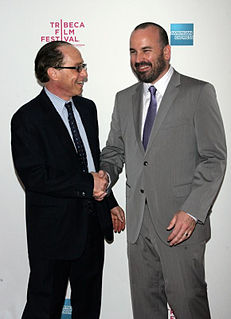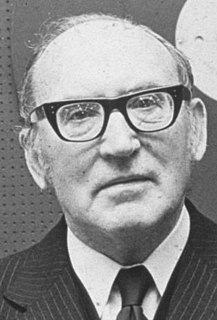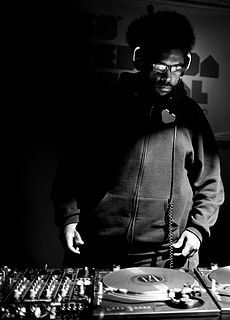A Quote by Bill Gates
The early personal computers were not very powerful so the idea of feeding their program into a small amount of memory requires immense skill.
Related Quotes
Professor Wilkes is best known as the builder and designer of the EDSAC, the first computer with an internally stored program. Built in 1949, the EDSAC used a mercury delay line memory. He is also known as the author, with Wheeler and Gill, of a volume on "Preparation of Programs for Electronic Digital Computers" in 1951, in which program libraries were effectively introduced.
I think that I've always written about things that are very personal, but initially, I coded everything. I buried everything under layers and layers and layers of code, but the signifiers of my emotionality were there for me. I knew where the magnets were, behind the gyprock, and the magnets were very powerful. I think they had to be powerful for me, otherwise the reader wouldn't have a reciprocal experience.
When you relate to thoughts obsessively, you are actually feeding them because thoughts need your attention to survive. Once you begin to pay attention to them and categorize them, then they become very powerful. You are feeding them energy because you are not seeing them as simple phenomena. If one tries to quiet them down, that is another way of feeding them.



































